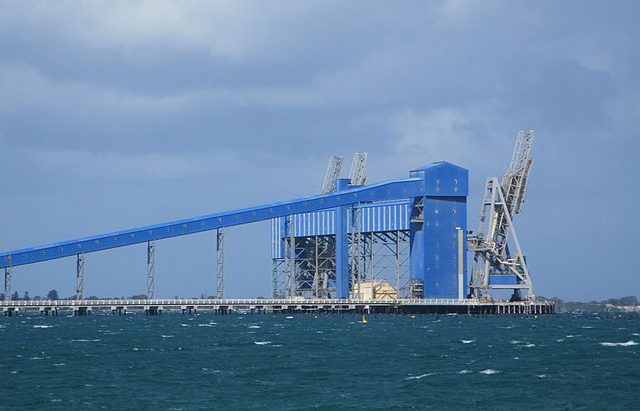Rising shipping costs have made shippers of agricultural goods from the West Mediterranean reconsider redelivery of shipments to Asia. China and India are receiving most of these expensive redeliveries
Houthi rebels based in Yemen started targeting commerce ships plying the Red Sea in end 2023. Hence, deliveries of commodities like wheat from Europe to Asia have been losing at least 9 days circumnavigating South Africa.
However, analysts point out that the rising shipping rates are distributed worldwide and are 3 times below those during COVID-19.
Costly Grain, Farm Inputs Redeliveries
The main expense is coming from shipping redeliveries via stop-over ports en-route to their destinations in Asia.
By January 19, 2024, dead weight tonnage (dwt) via South Africa for a redelivery to India was costing a cost-friendly $20,000.
On the other hand, redeliveries of agricultural produce to China via Indonesia and Taiwan were incurring $8,650 per 56,000 dwt. This was despite not having a European origin.
The same case applied for grain redeliveries to China from the West Mediterranean. Veering to North America to collect wheat and corn, these deliveries were fetching $24,000 for 82,000 dwt containers. This was up from the $18,000 they normally cost for a direct Red Sea delivery.
Red Sea detours a boon for New Zealand
While other countries are seeking shorter routes to Asia, New Zealand stands to benefit as an alternative source of animal products. The country expects increased demand for milk powder, meat and timber from Asian countries whose traditional European sources are impacted by the Red Sea attacks.
Asia depends for a portion of its sea-imported logs, fertilizer, wheat and meat products from Europe. With the current detours, however, it is taking up to 15 extra days to reach the original destinations.
New Zealand is a net exporter of live sheep, kiwifruit, mutton and beef. It imports much of its non-agricultural goods, primarily phosphates, from Europe and North America. This means that its European-origin shipments may also have to cost more for veering to the Cape.
Costs will aggravate if the current detours from the Red Sea continue to necessitate redeliveries.
